I Remember Maman:
–
This week I am in Jerusalem, where I will commemorate my mother’s first Yartzheit. Our four foot ten giant of a mother Zâ€L, better known to us all as Maman, cast a long shadow. Memories of her come rushing every single day, without apparent sequence, rhyme or reason, and I have decided to leave them in their chaotic state, as they come to me, in the hope that all of us who loved her will wax nostalgic along with me.
–
Throughout our lives, every flight that had involved Maman had always been fraught with trepidation, anxiety, uncertainty. This unsettling mood would spread to whoever among us children or grandchildren would take on the challenge of escorting her on a trip at the speed of chicken pox. She would start by putting in place an inauspicious hypothetical scenario where the Murphy law would unfurl and bear down on us every step of the way: we forgot the passport, we lost the boarding pass, I can’t remember if I locked the door, I can’t find the money, we lost a child, he was just here, someone just kidnapped him, we didn’t take the phone numbers, we don’t have the address, we didn’t ask what gate, they’re going to steal our bags, where would we be if I hadn’t thought of a, b, c, x, y, z, etc.Â
–
There was just one exception: the day we traveled from the funeral chapel to the airport, and on to the flight to Ben Gurion Airport, with her coffin. Maman had just passed away. Peacefully, quietly, frail but in one piece, just as she had daily petitioned the Almighty to let her return to earth: without a single broken bone, without a dimming of any of her faculties. I felt guilty letting her go separately, in a box, with cargo. How terrified she must have been! As it happened, her improbable traveling companion in the box next to hers was our dear neighbor and friend Rabbi Avrohom Farber Zâ€L who had passed away a few hours after she did. Our children joked wistfully that Rabbi Farber must be snagging his favorite cookie, ghriba from her, and begging her not to tell Esti, his watchful health-nut wife.
–
If I have lived a tinkerer’s life, I come by it honestly. I am always asked whether I have received formal cooking training, and the answer is, ye-eeess: Machane Imma! Camp Maman. Like getting a PhD from the Kitchen School of Hard Knocks!
–
Everyday she made something out of nothing, ex nihilo. The master of artisanal minimalism. Throwing something away was sacrilegious, not only because it was wasteful, but because it was a missed opportunity to recast it and breathe new life into it, in other words, a poor reflection on you, the artisan. She saw a second wind where we only see trash.
–
Recycling was indeed when her most daring creations would be born. If a little pate de foie or a little matbucha remained from a previous meal, they were fillo cigars waiting to happen.
–
–
One day she couldn’t bear the sleeves on her dress, so she turned it into a sleeveless jumper (la chasuble, as she called it), and joined the sleeves to form baby knickers, with an elastic band at the waist, and the original dress sleeve cuffs now circling the toddler’s ankles. This alone could tell the whole story of her ingenuity and her resourcefulness.
–
After my father’s passing, my mother finally took the plunge and moved from Morocco to New York, a move which she at first regarded as nothing short of an amputation, and only grudgingly accepted in time for logistics’ sake. When she stayed with us, most Friday mornings she would be in my kitchen by six to help me cook dinner for our Shabbos guests. We were an unlikely team: I like to work quickly and quietly, using every amenity the kitchen has to offer. She asked a thousand questions, fast and furious, and used anyone in her line of vision as her assistant, to reach something high, as she’s very short but terrified of the step stool, or something low, as “I can’t bend because of my back.†Or something at eye level, as she doesn’t like to wear her glasses when she cooks. “Bella, ma poupée; Flora, por favor! Yakov, chéri; Maurice, please!†Using the excuse that in Arabic we say, tall people are slaves of short people.
I owe her, among countless recipes, an enormous chapter on stovetop dishes made with just two (yes TWO!) ingredients:
One, Two and Turmeric!–
Her war cry was always, “La passoire! La passoire (the colander)!â€
Everything must always be good and dry before we can even think of going ahead with preparing any dish, “to prevent water damage.†In her (and my) opinion, this is one of the secrets of good cooking! Lousy coffee was lousy because it had “trop d’eauâ€. The secret of her fantastic coffee was simply, less water, more coffee, a little glass and a strainer. Her favorite brand was La Semeuse, Café Du Brésil. A dish was uninspiring because the sauce had too much water and was not reduced. A perfectionist if I ever met one. Watch her meticulously go over a baby coat I made and brought to her for a final blessing before delivering it to its recipient. Her verdict “il est tres beau†made my day.
–
This is one of her own, a baby dress she made for me.
–
She made hundreds of pairs of these baby booties! All newborns in our family and friends circle own a pair, which they cherish well after they outgrow them.
–
–![]()
With the exception of the colander, my mother, who has been cooking all her life, scorned appliances, even low-tech ones, that were created to help the harried homemaker. All she believed in was brute force. My state of the art dough maker was supplanted by her furious kneading each time. If I said “mais Maman, it has a very powerful motor!â€, she would dismissively reply, “I know, I know, but it doesn’t have a heart!†Her daily (sometimes twice daily) kneading was unmistakably the secret of her wonderfully toned arms.
–
–![]()
She once told me we had a rich cousin who had a masseuse come to her house twice a week to help reduce her unsightly bulges. Once her intrigued maid asked her, “What is it that this lady does to you each time she comes?â€, to which my cousin answered self-consciously, “You know, if you massage a fat area, you end up reducing it.†The maid looked horrified and said vehemently, “Oh, no, Madame! When you knead the dough, it grows, and grows, and grows!â€
Maman took no notice of my expensive retractable mop.
Instead, she poured bucketfuls of soapy water onto the kitchen floor, scrubbing with a hard brush on all fours, like Cinderella, crooning old French songs by Rena Ketty and Tino Rossi and drying as she moved with a pile of what quickly became dirty rags but were once my nice dish towels. I have won two major victories, though. The first is, we do NOT carry the carpets onto the balcony and beat them with sticks to air them out as is done in Morocco (fortunately, we have no balcony): we use a vacuum cleaner, much to my mother’s dismay. The other is that, all protests aside, we buy our chickens dead and plucked. Period.
Would you like the ingredient list for her spectacular confiture?
Sure! Here it is: Un kilo d’eau, un kilo de sucre, un kilo de fruit. The end.
-Â
What a shame she didn’t live to see me finally get myself a pressure cooker!
I was always terrified of it, ever since my brother Bebe, then about ten years old, smelling something wonderful on entering our building, climbed the stairs four by four, roaring, Les fayots! Les fayots (beans), and forced the pressure cooker open, sending the top flying to the ceiling and landing with a thud, filling the kitchen with scalding steam while we cowered in fear until the dust settled.–
Going shopping with Maman was a memorable experience.
She always wanted her clothes homemade. Her trick for making sure the fabric was pure and not synthetic was, light a match to a tiny corner of it. If it was consumed swiftly and formed a glistening inky ball that reeked of the gas station, it was polyester junk; yuk, she would sniff. But if it burned steadily, leaving in its wake a healthy wool, silk or cotton fragrance, she would smile contentedly and pause. How many meters should I get? What do you think, which one should I buy? She never chose what she liked, she only wanted to know what I liked. That “you are the one who has to like it†talk was foreign to her.
She identified textiles like a hound. I can’t remember a time where she resisted the urge to rub a corner if our garment between her fingers, to see if it is “real of fakeâ€. As often as not, the verdict would fall like an axe: “c’est du synthetique!â€
Likewise, cooking with anything else but the real thing was met with contempt: Zero fois zero egal zero, she would exclaim unsparingly, and dare I say, accurately. You have guessed it: I was trained at the best school, and I could be excused for being so exacting.Â
-Â
I will never forget the bewildered look she gave an elegantly dressed woman at the checkout counter of the supermarket, where she kept carting up canned potatoes. That woman is lucky she’s alive!
-Â
Oh look, she would say, your have cilantro in America! Your father might agree to move here!
–
She would endlessly exclaim on how lucky we were to have such spectacular choices of time-saving foods. Pure, not prepared foods, just to be clear. Our frozen peas and fava beans saved a good hour of taking them out of their pods. Blanched almonds, no peeling! Yogurt, good to go! Artichoke hearts and bottoms, no more purple fingers!
-Â
Looking at the size of a frozen yogurt she was served at the Great American Health Bar, she exclaimed, “j’ai commandé une glace, ils m’ont donné un monumentâ€! I ordered ice cream, I got a monument!–
Quirks aside, my mother has made me the cook that I am.
Her skills in the kitchen were nothing short of acrobatic. If the litmus test for a cook is to get fabulous results from ordinary ingredients, then she passed with flying colors. Her cooking always reminded me of the lyrics of the old French song L’Auvergnat that translates approximately as follows: “It was nothing but a piece of bread, but it warmed my body all over, and in my soul it is still burning like a big feast.†As soon as she entered the kitchen, my mother totally forgot her daily grievances (cholesterol, high blood pressure, arthritis and whatnot), much like a frail elderly couple who seems as nimble on a dance floor as in their courting days. She placed a peeled onion in one hand and closed her fingers on the lower end of the bulb. I always watched her with undiminished thrill each time she used her fingertips as a human cutting board and minced the onion in seconds. Carrots got peeled with the sharp side of a knife on a slight bias, a little like a man shaving, in the wink of an eye. Her bread, fragrant with fennel seeds and light as a feather, barely had time to be sliced. Her almond apricot tart recipe must be shared with the world; it is guaranteed to make every tongue smile. And her chocolates! To think a human hand had shaped them so flawlessly. They tasted even more sublime than they looked. Godiva, eat your heart out!–
My mother needed half the kitchen’s arsenal to make her soup.
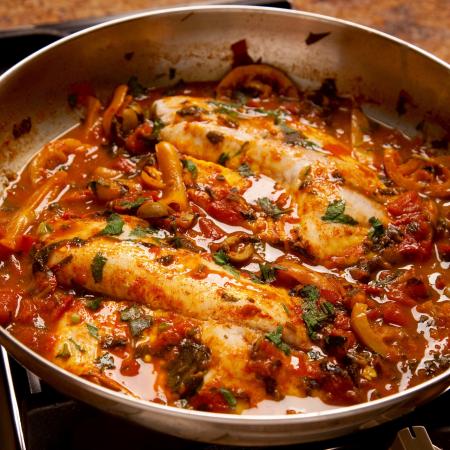
Everything must be just so. “So what,†she would say. “We will clean. I know you people don’t like to work hard!†(She’s right, we people don’t, not if we can help it!). Once she was almost brought to tears as she watched the culinary fiasco of the day: A wonderful fish dish we made.Â
It had to be thrown out because the addition of three tiny peppers (Habanero, that’s who!) that looked so innocent at the market made the dish too hot for human consumption. At the dinner table, she begged me to explain to our guests why we are serving ordinary gefilte fish as a first course, ignoring the fact that this is what they have at home every week and that it suits them just fine, thank you very much!
–
When my mother was at our home, my guests thanked her on their way out for their dining experience. They have all learned, for her sake, to kiss her on both cheeks and say a few words in French, which pleased her to no end. Her presence conjured up vivid images of growing up to me. I can still see her sitting on a low stool wearing a huge apron in our old tiled kitchen where a carton full of mint had just been unloaded, waiting to get stripped of its tough stems, seeding a vat of raisins for jam, soaking olives in salt water and vinegar for pickling, standing by the sink where a dozen chickens who had just met their fate waited to get plucked with her deft hands. I once saw my mother do something I used to watch her do when I was a child, but had dismissed it as a trick of my imagination. She boned birds, sometimes as small as pigeons (in Morocco, they are not the pesky creatures who create a nuisance on your windowsill; they are perfectly domesticated and comestible) without making one single incision into them, and with nothing more than an ordinary knife to assist her in loosening up the flesh from the bones. After a few minutes, she would turn the whole boned bird inside out like a glove and stuff it. Having grown up so close to such prestidigitation, how could I help but be a cook?
–
Like the Indians Chiefs who call the members of their tribe by what they are best known for, she too found a mnemonic trick to identify our friends in her memory. Leah, the pretty blonde who biked 6 miles when she was pregnant (she never lived it down)? Ed, who slapped his thighs when he scored at chess with Papa? Larisa, whose husband left the table because the guest near him wore perfume? James? “A cœur vaillant rien d’impossible†(to a brave heart nothing is impossible).
–
–You could never said no to her food. Yakov told me she gave him a slice of pineapple, and he had to eat it even though he never liked it. Oh, Yakovy, you love pineapple, she said gleefully, pressing another slice on him, who could see no way out of eating it. When he saw the third slice bearing down on him, he had to beg for mercy.
-Â
Her hospitality was legendary. Don’t invite them, they might come! Her way of saying that invitations are sacred and must be taken seriously. You never forgot what you ate at her house.
–
Dreams and proverbs were as mundane parts of our life as if they were happening in front of our very eyes. She couldn’t risk letting the fleeting moment pass, and called on of us anytime anywhere to describe her dream in lavish detail, down to the color of the tie of whoever she “met”, or elucidate the hidden meaning of a proverb. Since her passing, there is nothing I haven’t tried to get a compilation of Moroccan proverbs, but none holds a candle to her endless treasure trove. She remembered whole poems by Victor Hugo, Lamartine and many more. Just as she had no patience with people who put junk food in her mouth, she only liked to read the classics. She was the ultimate purist.
-Â
She always received compliments for her flawless skin. Water and soap, was her invariable answer.
She knew absolutely nothing about the Internet Revolution. Anything that puzzled her, she just asked, What? ?? Where did you see this? Sur L’Ahn-Terre-Nay? So it is all the more remarkable that each time I write something about her, my feed goes through a veritable stampede.
–
She often sweated the small stuff, but possessed a sort of cosmic wisdom for the larger things in life: at my sister Rackel’s wedding, for which she made all the pastries, she racked her brains about how she would obtain the same decorative effect without a little gizmo she had left behind in Morocco. But a neighbor soon brought an assortment of baking tools and told her she hoped she could find a good substitute in her box. She beamed and said, “Thank You G-d, I asked You for very little, and You Gave me so much more than I asked for.”
Her pushka was her invisible but almighty accomplice. Entirely devoted to Rabbi Meir Baal Haness, who, she liked to joke, got very wealthy with her vows: everything was an excuse to slip him a coin or a bill: lost keys, illnesses, being stranded, even a jam not jelling properly.
-Â
She had her way with every grandchild and great-grandchild, who returned her love in spades.
–
–
-Â
–
Maman Barkoks: Barkoks: acini di Pepe, cooked with milk and butter. That’s all.
-Â
 –
–
![]()
![]() Maman Nut Truffles: Please tell Maman my truffles burst; bursting is the secret of their success. I count on you!
Maman Nut Truffles: Please tell Maman my truffles burst; bursting is the secret of their success. I count on you!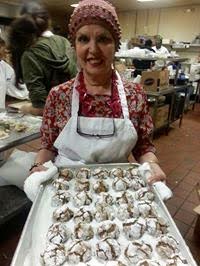
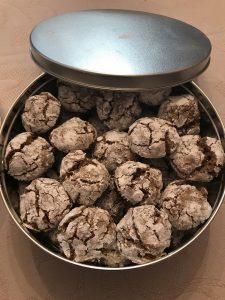
–
–
 –
–
–![]()
My granddaughters like to joke that Maman is in Heaven, pestering Hashem, since their mother got pregnant, Hashem please Give Maimon a baby boy, and I’ll give you a biscuit! Guess what? He Did!
I miss reporting to her after visits to family and friends. She always wanted to know how the passage of time treated all of us. How did you find her, she would always ask excitedly, hungry for news, always going with her own yardsticks. Vieillie? Rajeunie? Maigrie? Grossie? Mariee? Divorcee?Â
–
–During my father’s long agony, when he often went in and out of a coma, she would bake his favorite cookies and put a little bag under his pillow. “I know you will wake up and eat them,” she would whisper.
-Â
After my father passed away, I resented a line she often repeated to all of us: “You only lost your father. I lost everythingâ€. And what are we, chopped liver? But I recently heard that line expressed verbatim by dear recently widowed friends. When I traveled to Israel last year, she asked me to make sure her grave, which she had ordered right next to my father’s Z”L, was nice and clean. Yes it was. You will be together again! It’s been almost thirty years. Chat away, you have a lot of catching up to do. Ever since he passed away, she continued to set the table for two every single Shabbos. It’s like the Fiddler’s wife said: if that’s not love….
–
–
Â
Maman left three generations of women who are entrusted with filling her shoes! I hope she will be proud of us!
May we all inherit her longevity, her talent, her humour, her wisdom, and her razor-sharp focus on her mission in life: She was, quite simply, Maman, the quintessential, the eternal, the proverbial mother.
–![]()
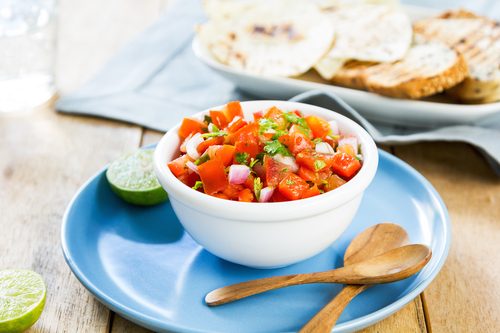 It just had to be Maman Lemonade, Maman Salad:
It just had to be Maman Lemonade, Maman Salad:

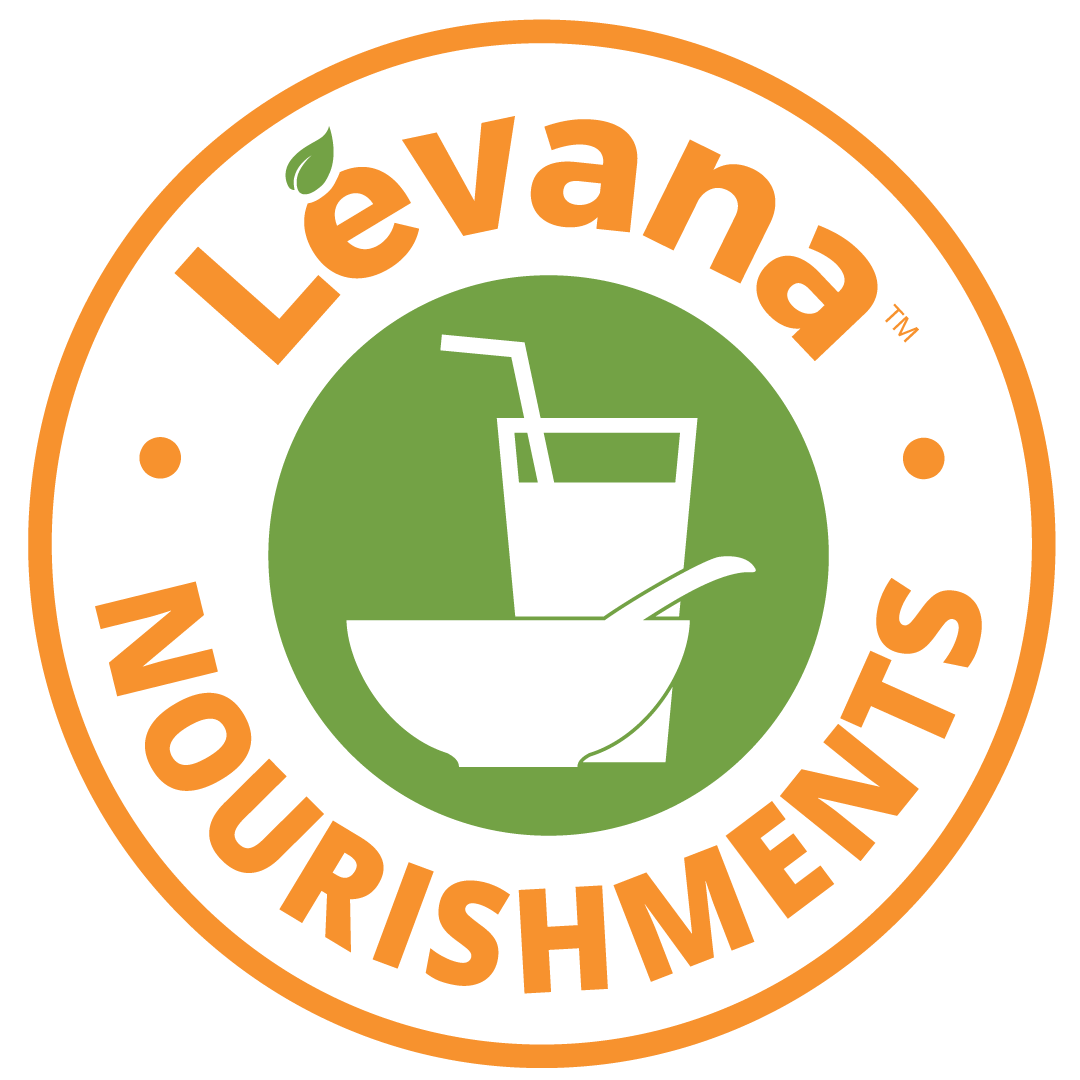
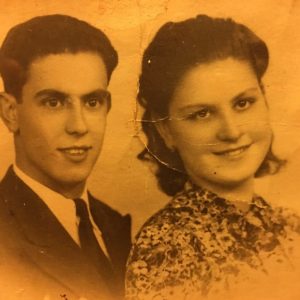
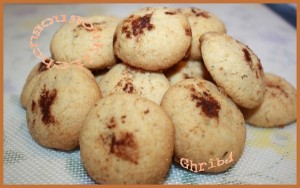
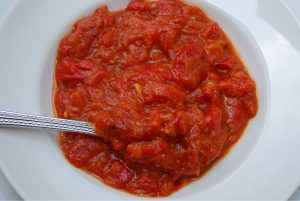
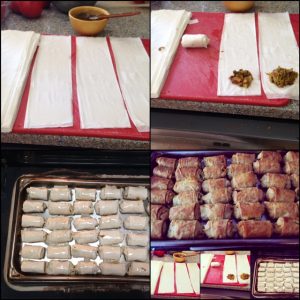
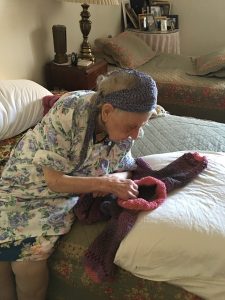
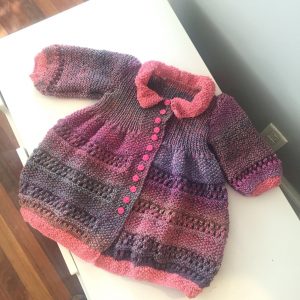
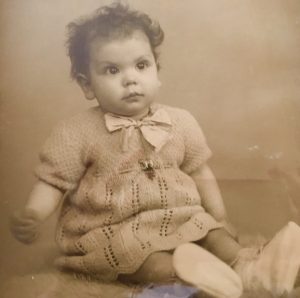
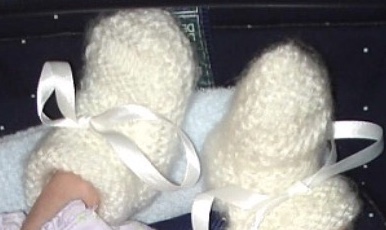
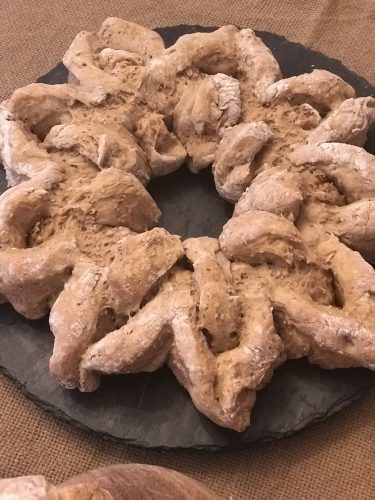
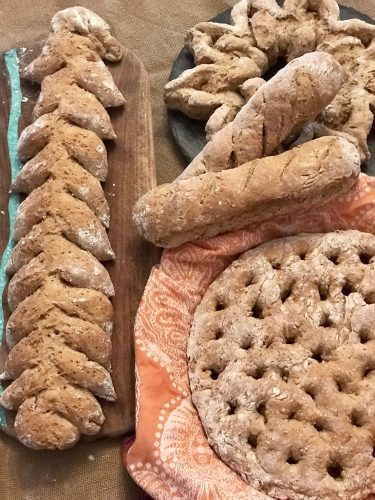

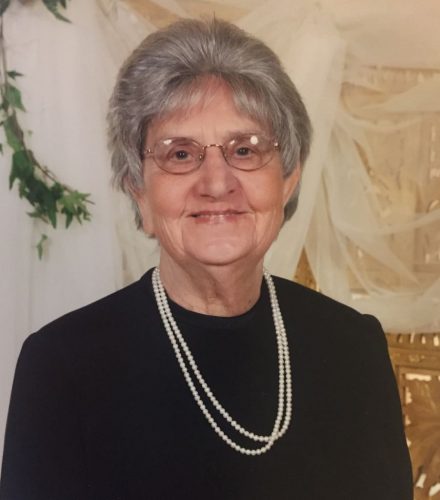
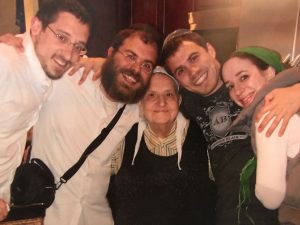
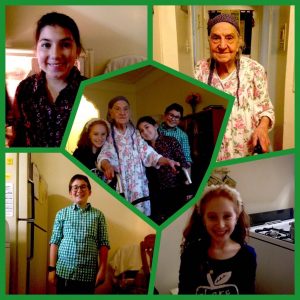


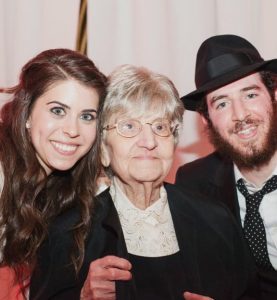
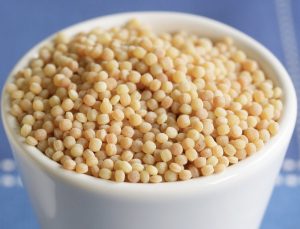
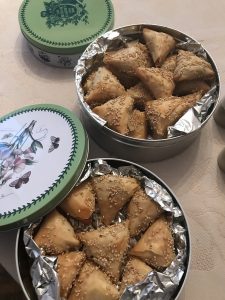
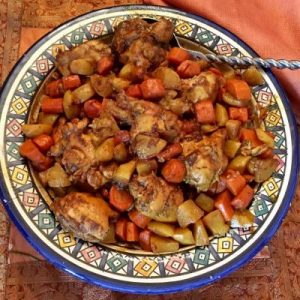
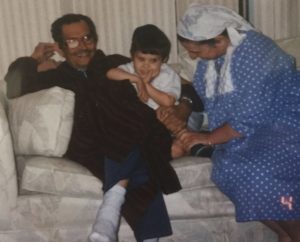
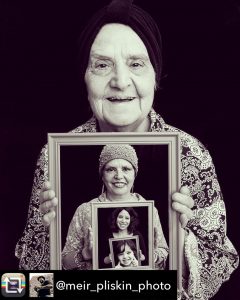
Levana I love your essay so to the point she was all that and much more . She was classy and respectful with a tremendous capacity to liove .she has such a great sense of humor and was fun to talk to .
I feel privileged to have known her and grateful to have been in her company many times .
What a quick great mind she had .
I will always remember her and liove her dearly.
Annette she loved you so much! xoxoxo